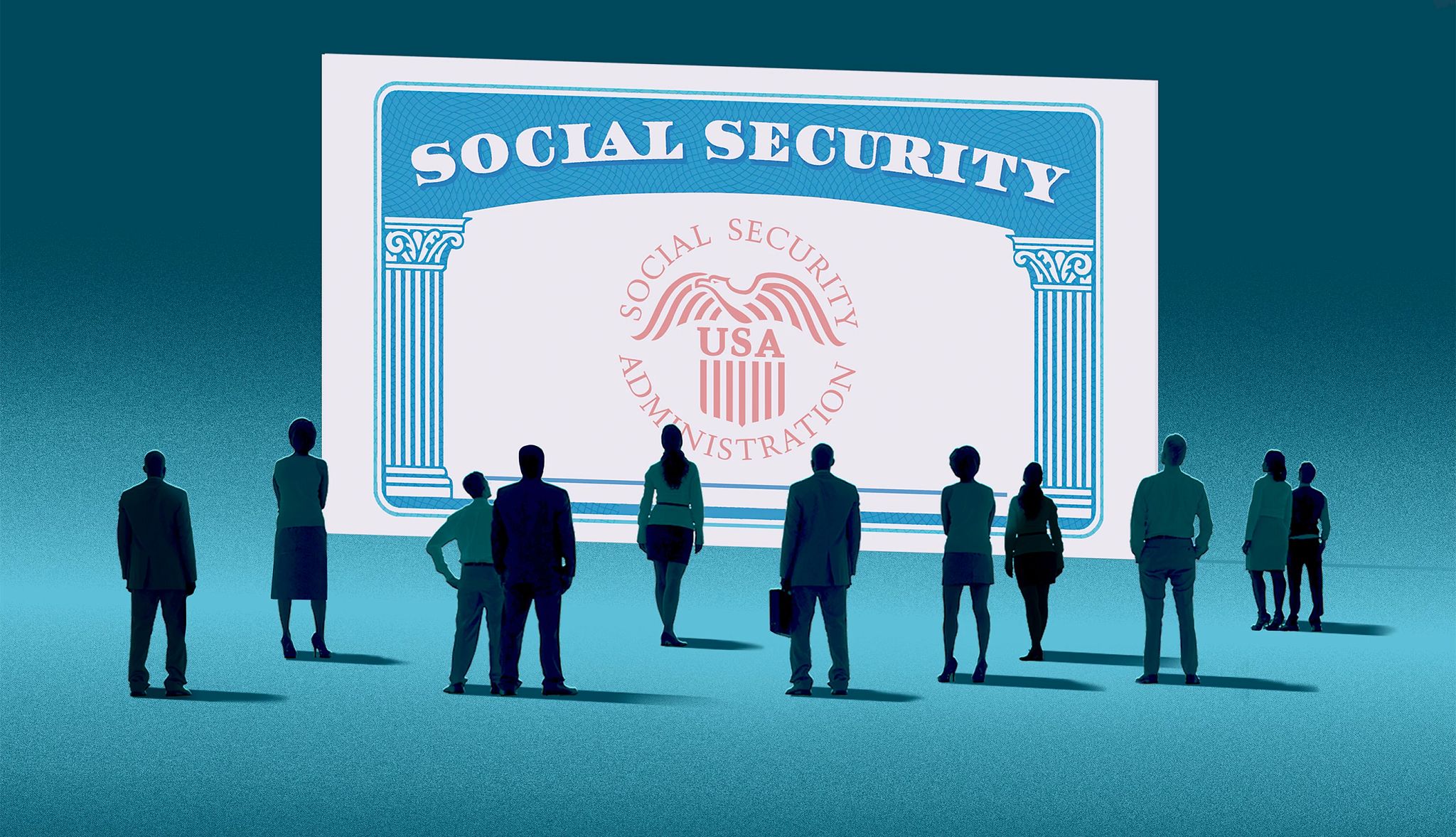AARP Hearing Center


As it nears its 90th birthday, Social Security remains overwhelmingly popular among U.S. adults across all age groups and political affiliations, according to a new AARP survey.
Ninety-six percent of respondents characterized Social Security as an important program, and 74 percent rated it as one of the most important, up from 68 percent in 2020.
“Social Security is one of the most successful and popular initiatives in history,” Dr. Myechia Minter-Jordan, AARP’s CEO, said at a July 22 news conference announcing the findings. “It has helped generations of Americans stay out of poverty and live with dignity after a lifetime of hard work.”
The survey also found that Americans are more worried about Social Security now than they were five years ago, with just 36 percent saying they felt very or somewhat confident about its future. That’s a seven-point dip from AARP’s 2020 survey on the issue.
Younger people tended to be more pessimistic about Social Security’s future, with only about a quarter of people ages 25 to 44 expressing confidence, compared to 59 percent of those 65 or older. Among the reasons cited for the lack of confidence: distrust in the government and worries about Social Security’s solvency.
‘A key ingredient to a dignified retirement’
In June 2025, more than 69 million Americans — including nearly 53 million retired workers and 7.1 million people with disabilities — received Social Security payments. The average benefit for retirees in that month was $2,005.
Nearly two-thirds of the 3,599 U.S. adults polled by AARP in June said they rely substantially on Social Security for their income or expect to do so when they retire. Another 21 percent said they will “rely somewhat” on the program for their retirement income.
Join Our Fight to Protect Social Security
You’ve worked hard and paid into Social Security with every paycheck. Here’s what you can do to help keep Social Security strong:
- Add your name and pledge to protect Social Security.
- Find out how AARP is fighting to keep Social Security strong.
- Get expert advice on Social Security benefits and answers to common questions.
- AARP is your fierce defender on the issues that matter to people 50-plus. Become a member or renew your membership today.
For much of the 20th century, financial security in retirement was predicated on Social Security, pensions and individual savings. Today, far fewer private-sector employers offer pensions, and many Americans have not accumulated enough in retirement accounts such as 401(k)s or IRAs to safeguard their financial security after they stop working. That means a greater number need Social Security to pay rent, buy groceries and secure other necessities as they age.
Minter-Jordan noted that Social Security is the primary source of income for more than 24 million families, and that more than 183 million workers currently pay into the program.
“Increasingly, Social Security has become a key ingredient to a dignified retirement, regardless of income,” she said.
While most respondents expect that Social Security will be key to their retirement, 78 percent said they’re worried their monthly payments won’t be enough for them to get by. Among those under 50, 1 in 4 said they would not rely on Social Security once they leave work.





































































More From AARP
What Social Security Means to These Americans
‘I’ve earned it’: These Americans paid into Social Security for decades
The Story of Social Security, by the Numbers
How more than 69 million Americans came to rely on the program — and why it’s in trouble
99 Great Ways to Save 2025 Edition
Stretch your dollars — and cut costs on groceries, travel, entertainment and more